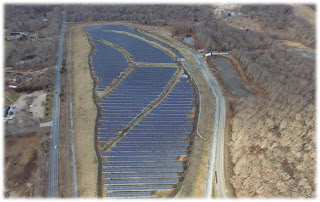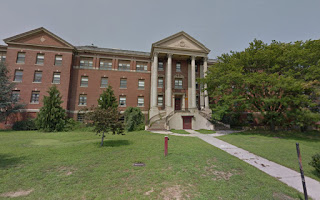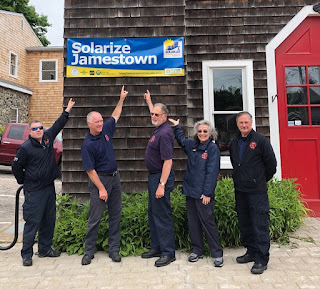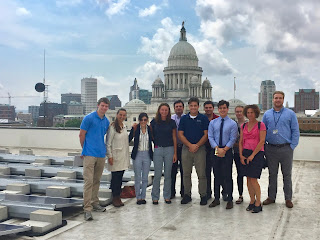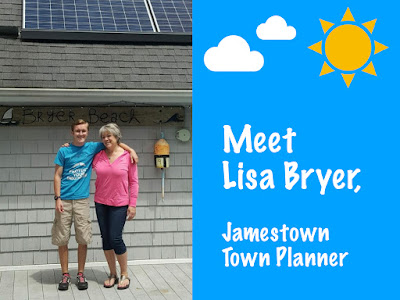Road to 1000 MW: Embrace Home Loans first to use C-PACE
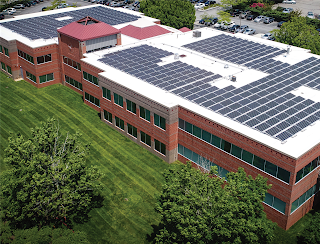
Embrace Home Loans in Middletown, RI, one of Rhode Island’s fastest-growing companies, now has another claim to fame – it is the first company to complete a solar project using the new Commercial Property Assessed Clean Energy program (C-PACE).
In 2016, Rhode Island Infrastructure Bank launched C-PACE as an innovative and affordable way for commercial building owners to finance clean energy projects while simultaneously increasing cash flow and improving their building’s value.
This summer, Direct Energy installed 966 roof-mounted solar panels on the Embrace corporate headquarters. The net-metered system produces 412,900 kWh annually, offsetting 56 percent of the company’s power usage and saving 69 percent in energy costs. That is the emissions reduction equivalent of eliminating 107 tons of waste from our landfills each year!
In March, Governor Raimondo announced an ambitious goal to add 1,000 megawatts of clean energy and 20,000 clean energy jobs to Rhode Island by the end of 2020. Embrace Home Loans is just one example of the types of projects that are contributing to this goal.

